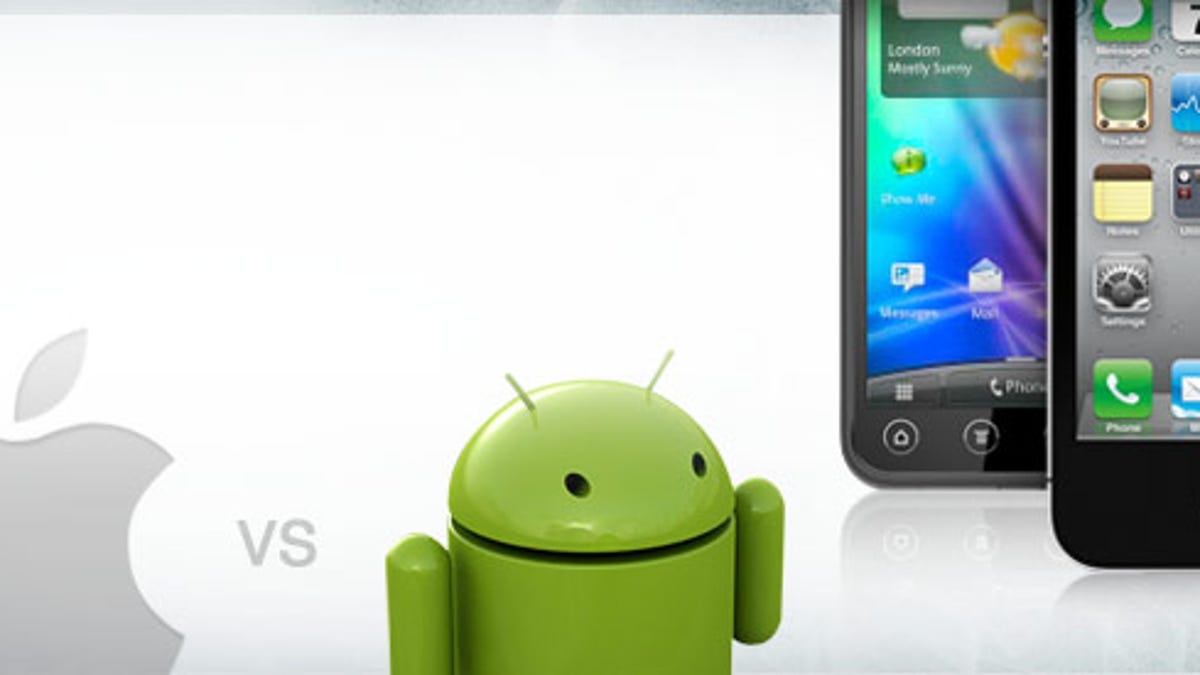Nothing permanent about Apple's ban on Motorola
Apple scores a key victory against Motorola in Germany. But history tells us the win will be short-lived as the back-and-forth battle continues.

Will Motorola Mobility's smartphones get shut out of the German market? Probably not.
But that is the latest breathless headline flying around the Interwebs. A German court ruled that Motorola's smartphones infringed on Apple's slide-to-unlock technology, or the swipe that your finger makes on your phone to get it out of its lock screen. As a result, the court has placed in injunction, or ban, on
Only the ban may not stick. Motorola will certainly appeal the ruling, which could hold up the ultimate decision for another few months. Or it could work on a technical fix that would get around the patent.
It's just the latest in the topsy-turvy world that is patent litigation. Major legal victories one day are relegated to minor footnotes the next. So far, companies such as Apple, Motorola, and Samsung Electronics have yet to get a ruling that really sticks.
Earlier this month, Apple was seemingly doomed to pull its
Even when Apple scored a victory against
Motorola could see a similar halt to its ban if it successfully appeals. It's still unclear, however, whether Motorola will be successful.
"The likelihood is hard to predict, but the hurdle is very significant," said Florian Mueller, who runs the legal blog Foss Patents. "They will depend on technical arguments regarding infringement and validity."
Or, like HTC, Motorola could work on a workaround to the patent. The slide-to-unlock function isn't key to how the phone works and could be removed quickly.
Mueller noted that the German court ruling didn't include the
What this means is the legal battles are going to continue. The whole point of these legal exercises is to get a ban that's so damaging to a business that it forces companies to the bargaining table to hammer out a licensing agreement.
If the current wave of rulings and appeals are any indication, the companies are a long way from any kind of compromise.

